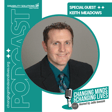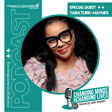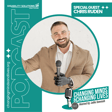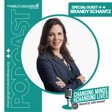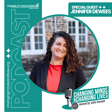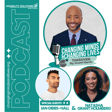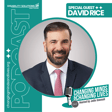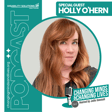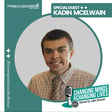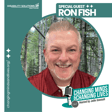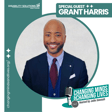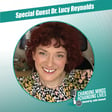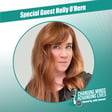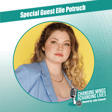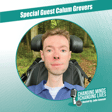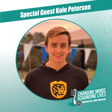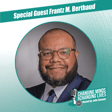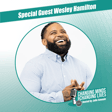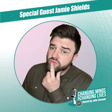
CMCL Interview: Travis Davis
In this episode of Changing Minds, Changing Lives, host Julie Sowash sits down with Travis Davis, a speaker, entrepreneur, and disability advocate living with cerebral palsy. Travis shares his journey of advocating for disabilities, from his college days to becoming a TEDx speaker and host of the podcast *Off the Crutch*.
Travis discusses the motivation behind his brand, which aims to help others overcome their mental “crutches,” and his involvement with the Rush Bowls franchise, designed to create job opportunities for individuals with disabilities. Join us for this inspiring conversation that highlights the importance of inclusivity and self-advocacy. Tune in to be empowered and informed!
Changing Minds & Changing Lives is produced by Disability Solutions, a nonprofit consulting firm and job board that partners with global brands to drive inclusive hiring and disability-inclusive talent strategies.
Notes:
Travis Davis is a two-time TEDx speaker and communications consultant who helps mission-driven teams create inclusive and accessible communication strategies. With a background in education, marketing, and ADA coordination, his perspective is influenced by his experience with cerebral palsy. Travis focuses on fostering human-centered environments where everyone can thrive and has helped launch businesses that employ individuals with disabilities, served on workforce development panels, and led disability awareness training.
TEDx Talks:
- Incluse Me: Social Inclusion in Education | Travis Davis | TEDxABQED
- How My Crutch Became My Strength | Travis Davis | TEDxSouth Congress
